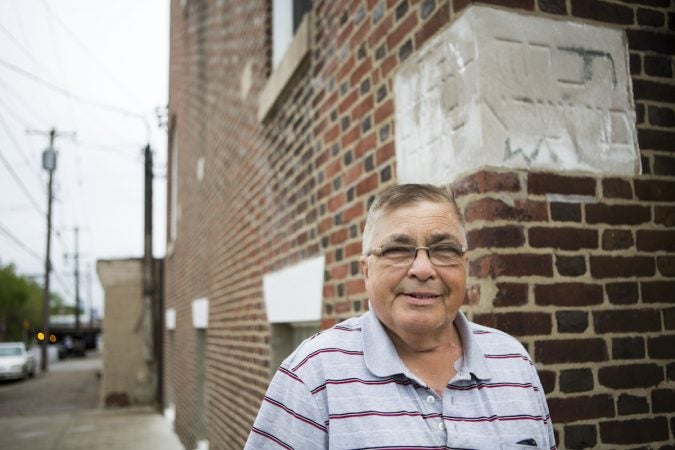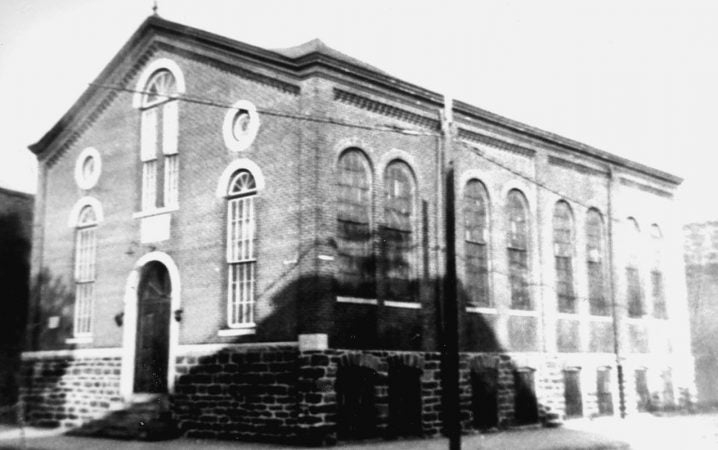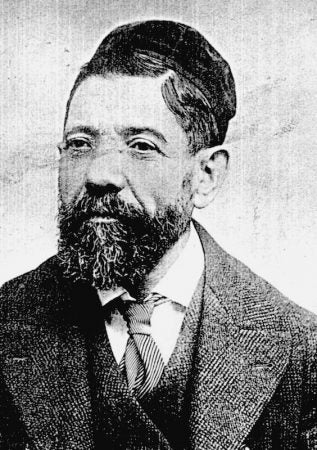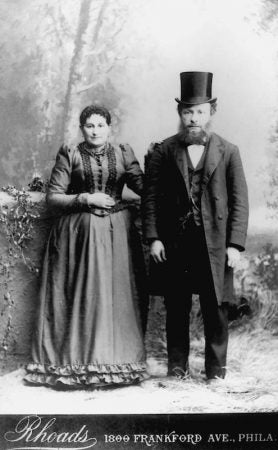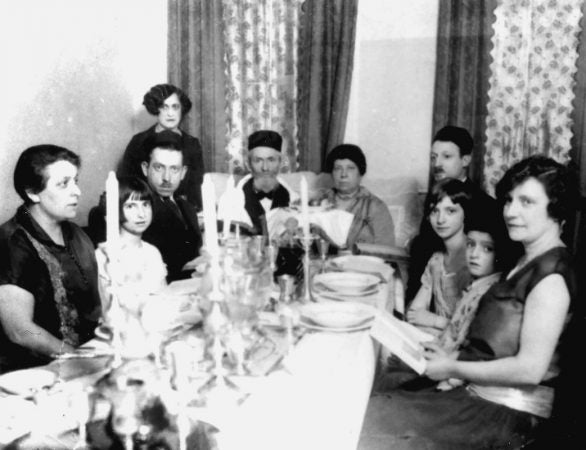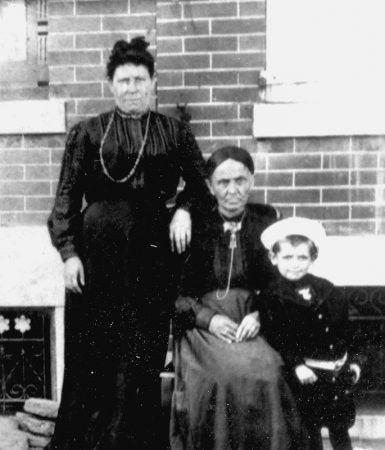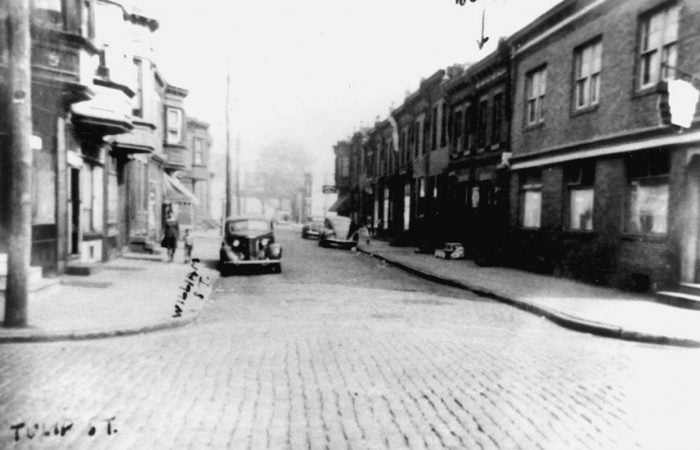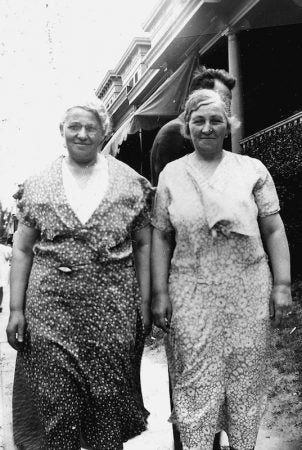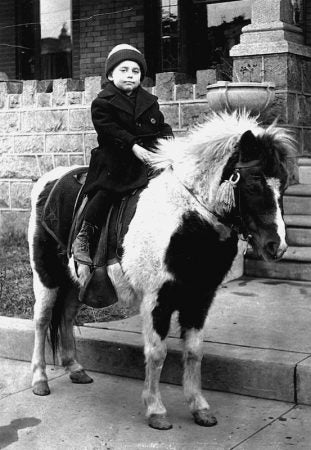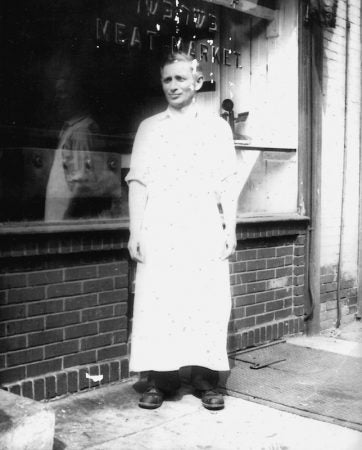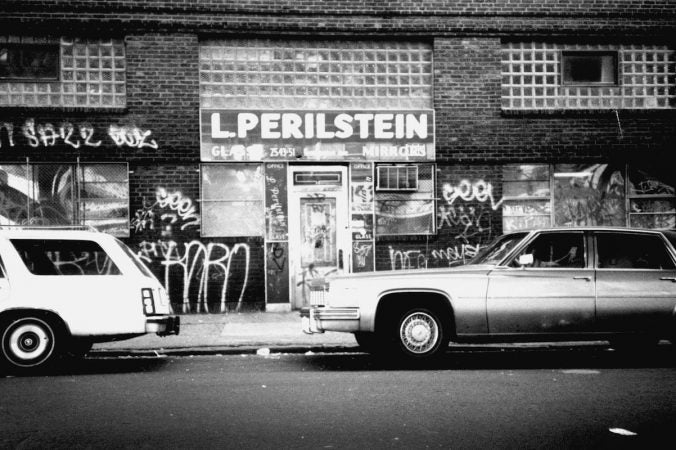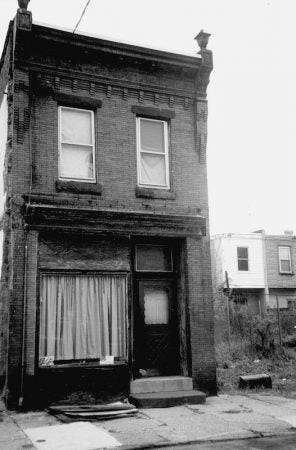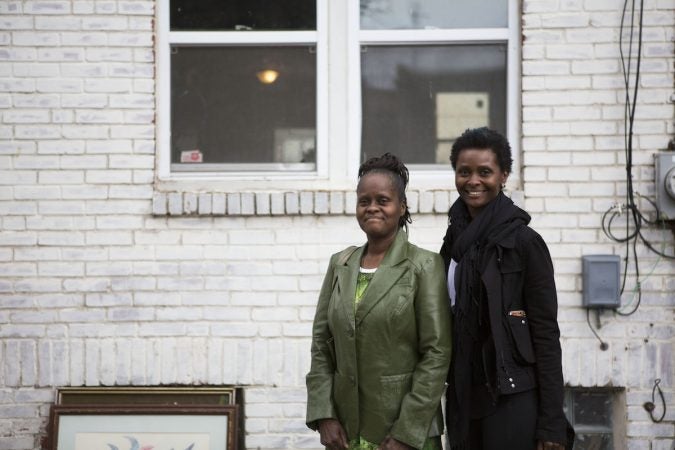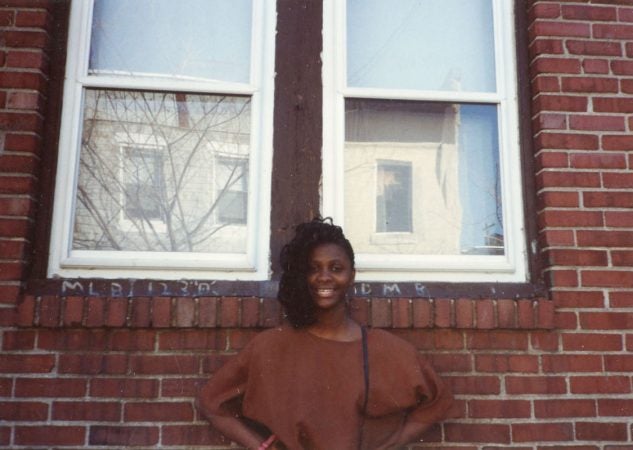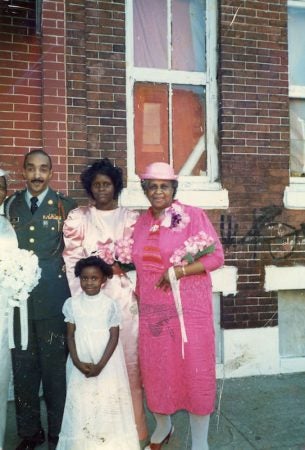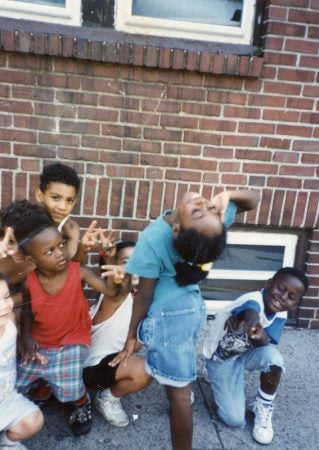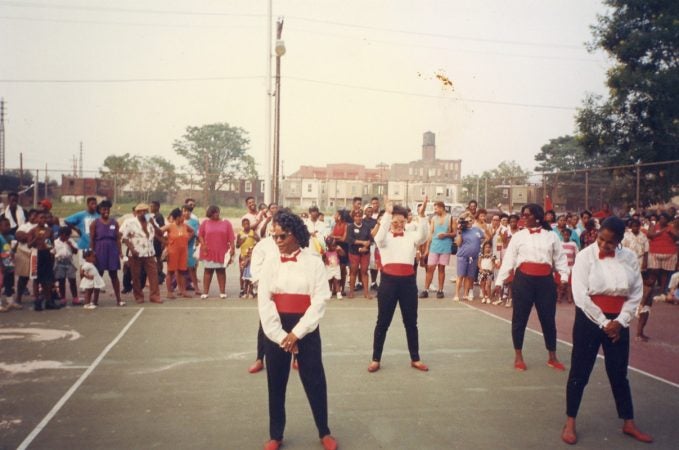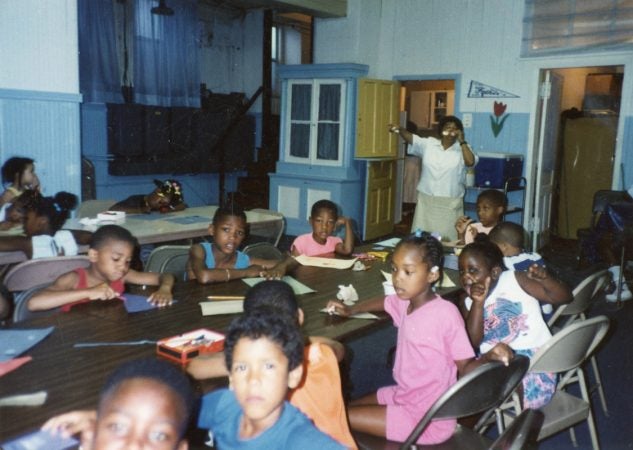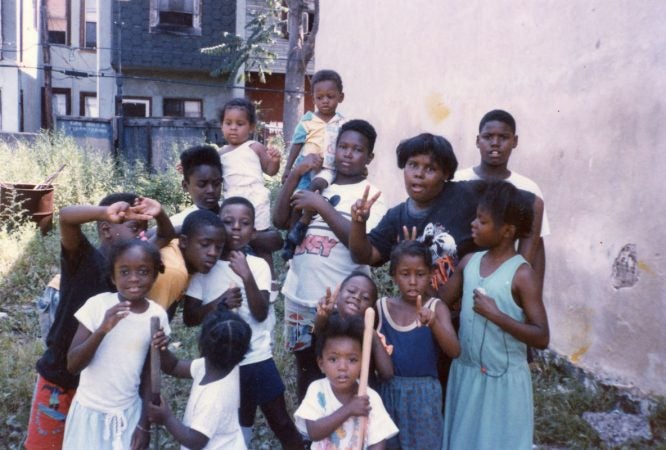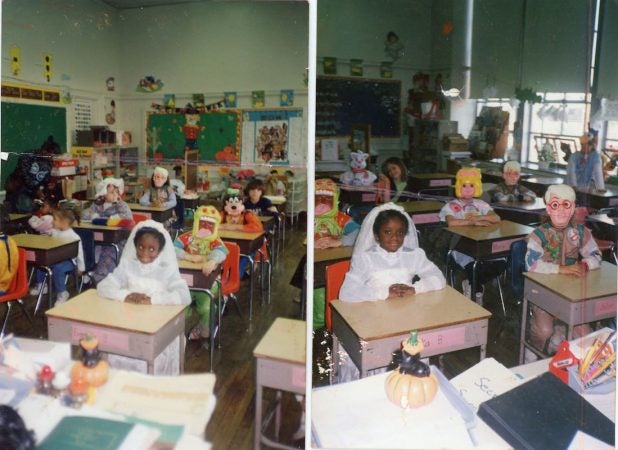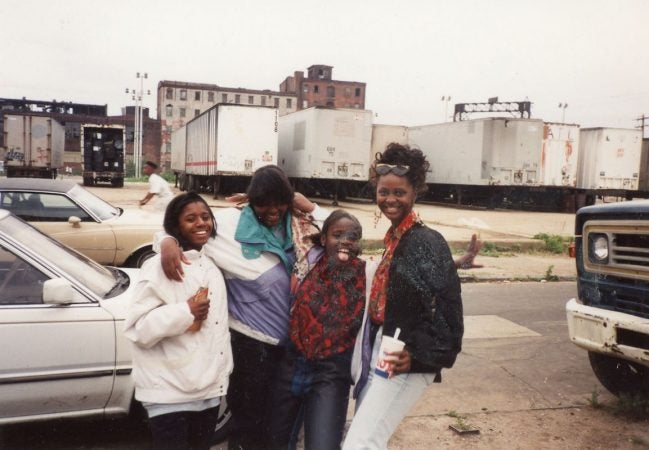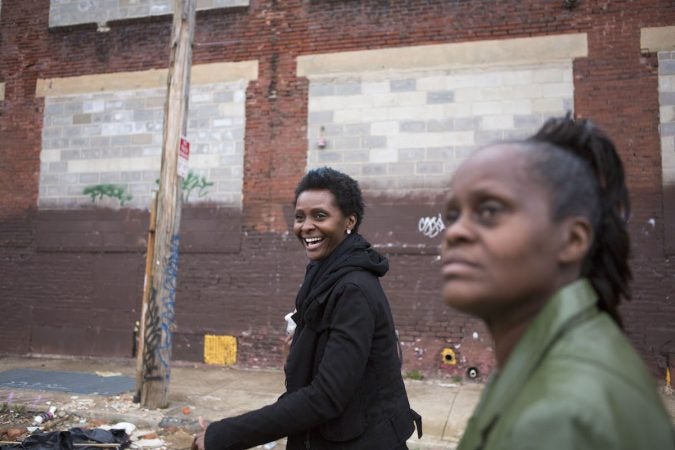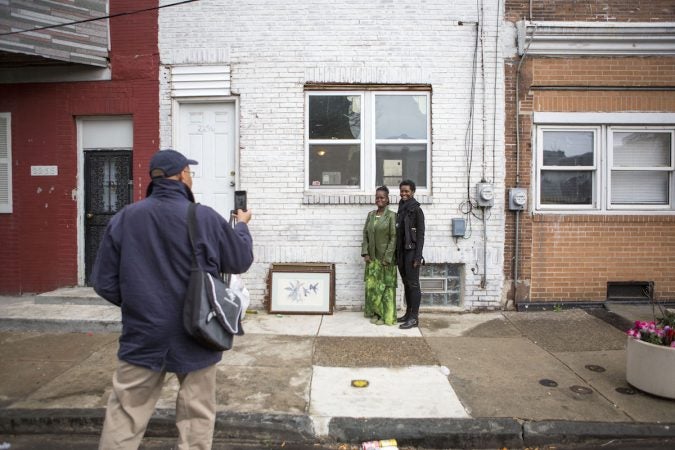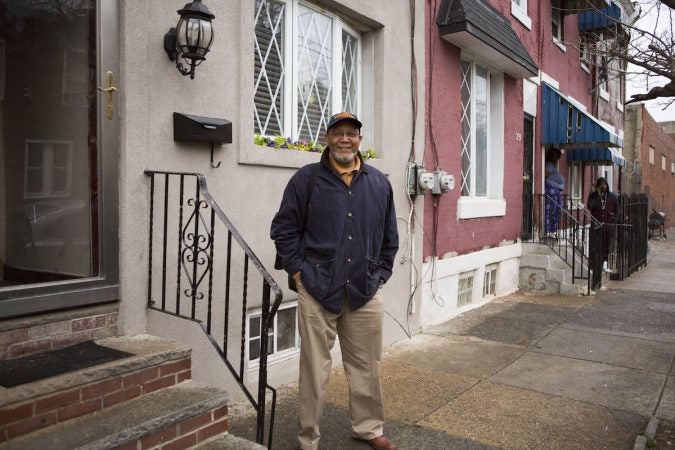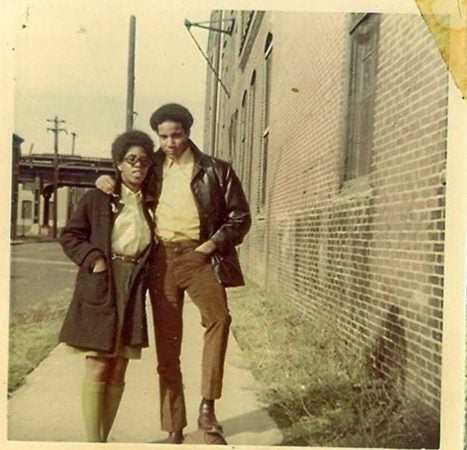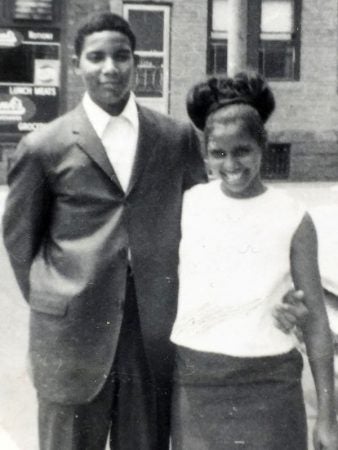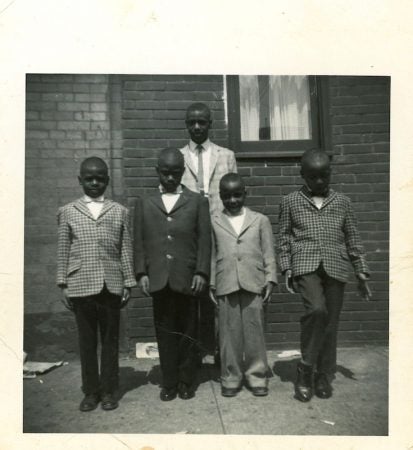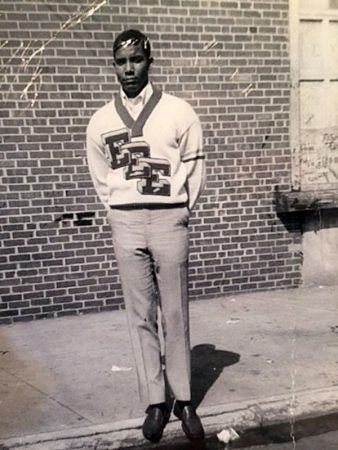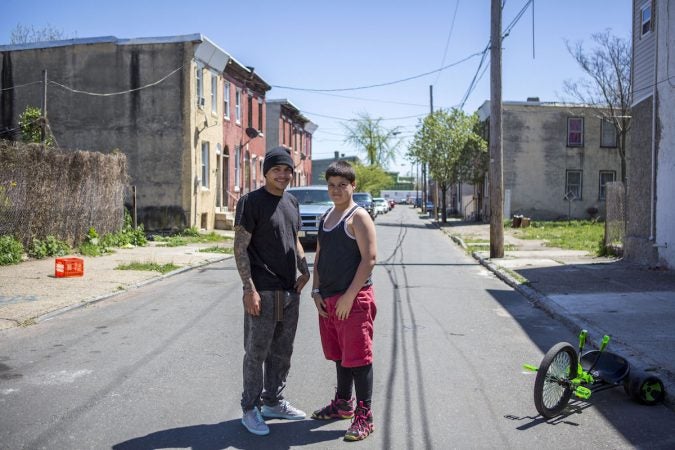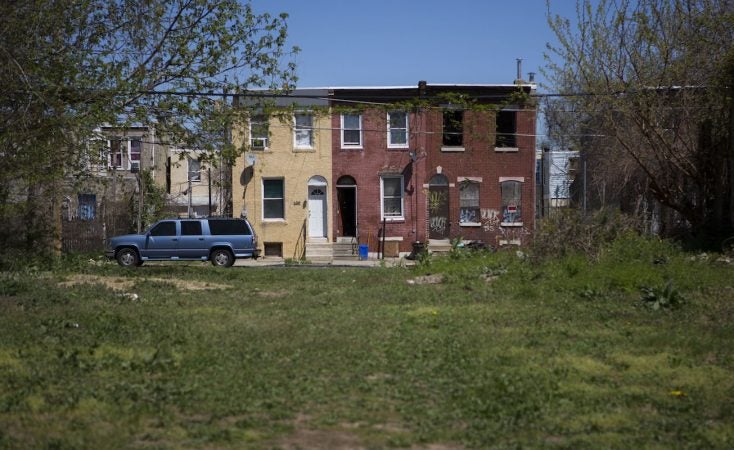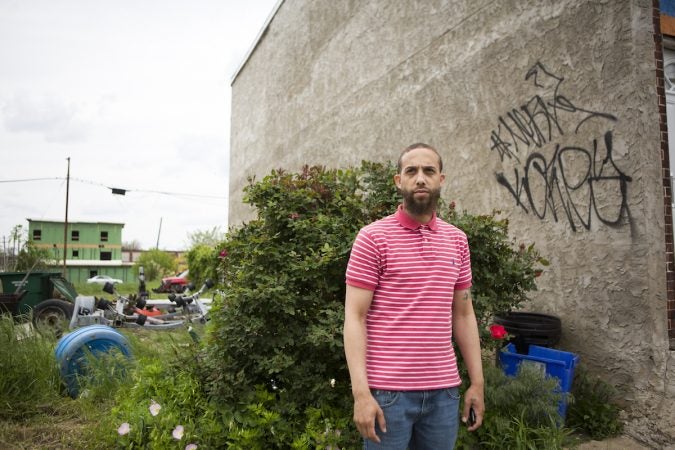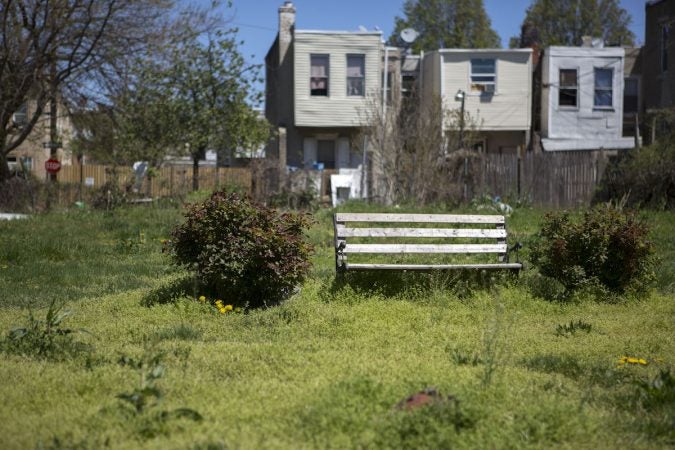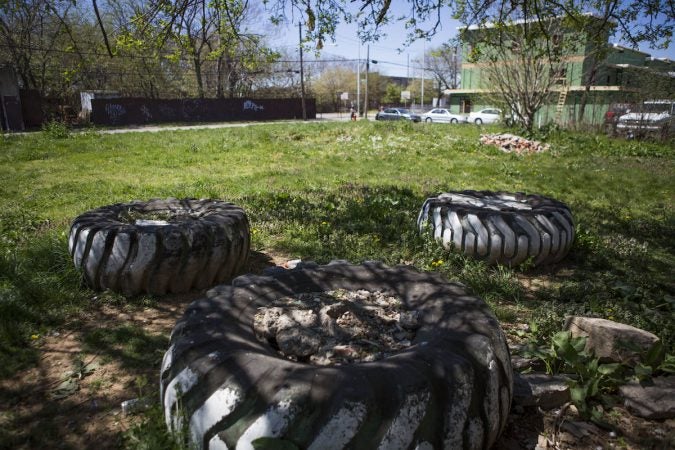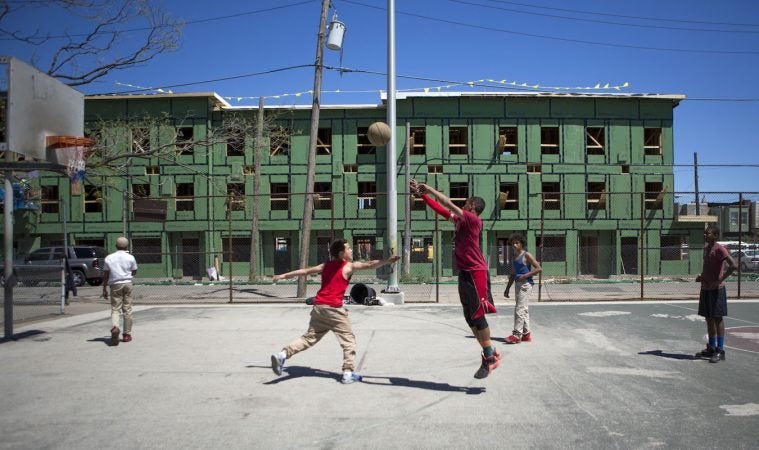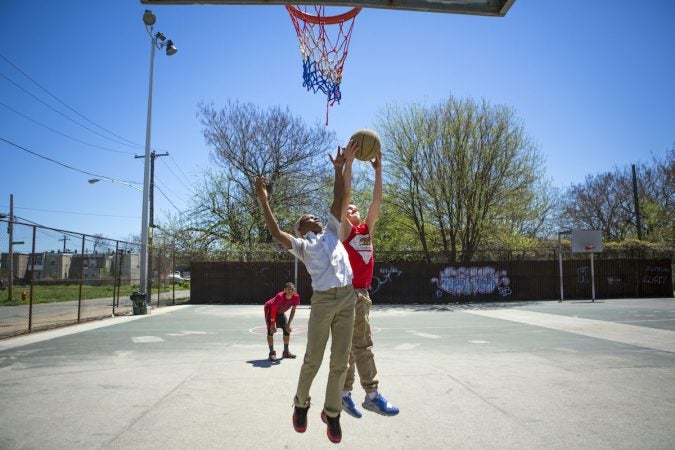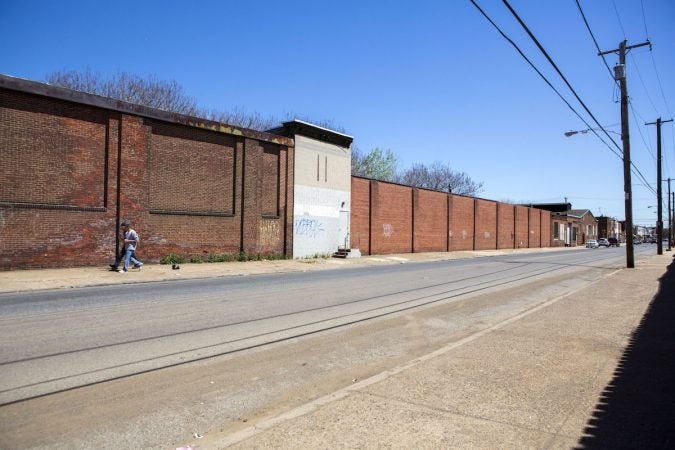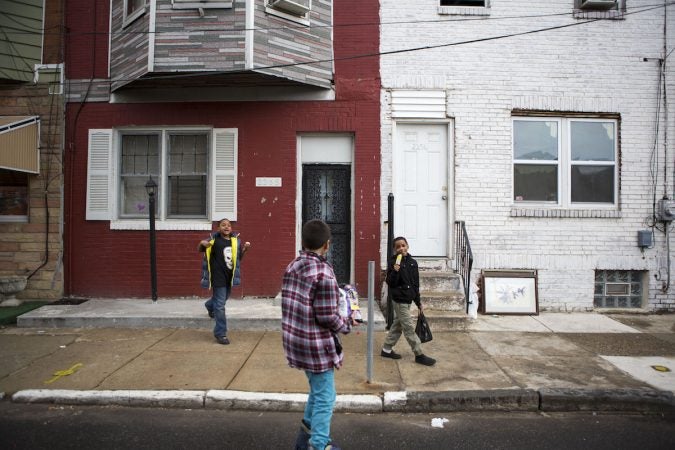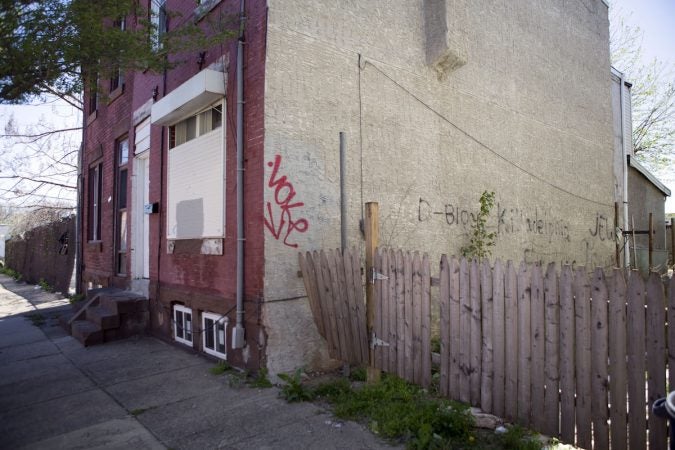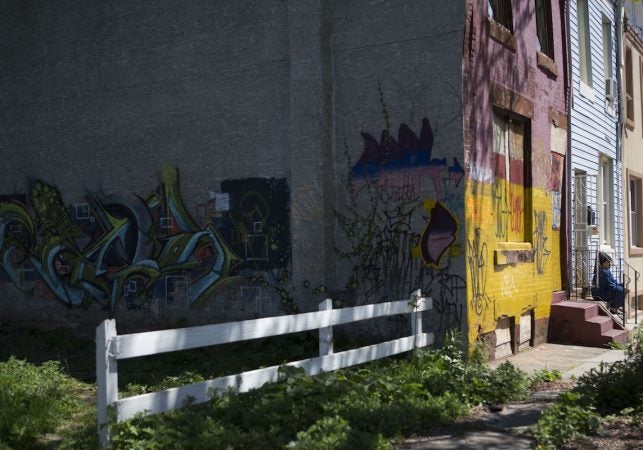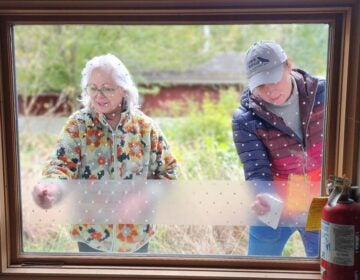Jewtown: Port Richmond’s Little Known Pocket Community, 19134
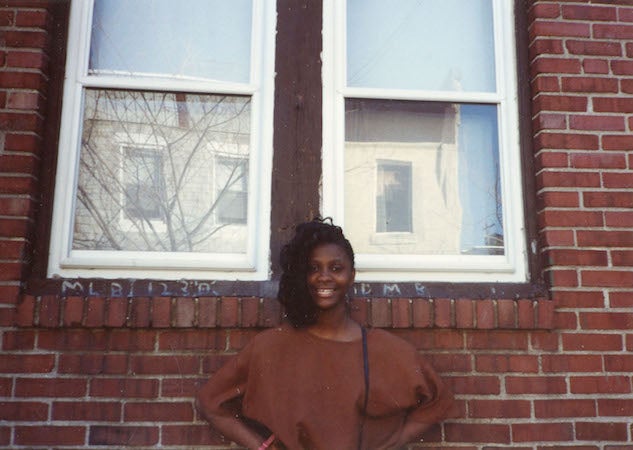
Diane Precht as a child in front of their home on East Williams Street in Jewtown. (Courtesy of Diane Precht)
Port Richmond is a huge neighborhood. Many Philadelphians know it for its Polish delis and restaurants, but many other groups have called ZIP code 19134 home throughout its history.
This is the story of one of those groups; a little known pocket community that’s been nestled near Aramingo and Lehigh Avenues for more than a generation.
Early Jewtown
The first time I met Diane Precht I did a double take when she told me where she grew up in Philadelphia.
“I’m from Port Richmond,” she told me, “a little tiny pocket, and it’s called Jewtown and it was all black folks.”
As it turns out, Philly gentiles began calling the area Jewtown in the late 1800’s – some feel out of resentment to the influx of Jewish immigrants. But, Allen Meyers, a historian and author of several books on Jewish communities here in Philadelphia, says the Jewish people themselves began identifying with the name.
The history of the neighborhood is unknown to many current residents. Even though some may find it offensive, the name Jewtown has stuck, similar to other Philly areas like Germantown.
“I enjoyed researching this community and finding that there were two synagogues that served the Lithuanian community that came to Philadelphia in the 1870s because of persecution in their home country,” says Alan Meyers, “They refused to be influenced by the German-Jewish community which was the majority community here in Philadelphia, and they remained isolated as a pocket community for those 90 years.”
This Jewish community settled in, built businesses and factories, and these businesses later attracted black workers.
Then and Now
By the third generation, industry began shifting overseas and Jewish families started to leave the neighborhood.
“The end of the industrial revolution came through this community with factories opening and closing,” says Alan Meyers, “Most of them closing in the late 1970s early 1980s and there was no more reason to live here.”
As the Jews moved out, the black workers moved in.
Bill Chaney arrived in the neighborhood with his family in 1957.
“When I moved here I was seven years old and it was culture shock for me,” he says, “to move from the heart of North Philly – 21st and Diamond – which I looked at as being like Africa and then moving here in Jewtown, which was like South Africa.”
“There were no people living in North Philadelphia where I was that were white. The only time I saw Caucasians was when I saw them on TV and when I went down in the Italian Market with my grandmother.”
Diane Precht and Chaney were neighbors and childhood friends.
Diane describes their neighborhood growing up as, “just a small black community.”
“I thought it was like four blocks, but in reality I think it was more like three blocks. It was a lot of close knit families.”
Jewtown Today
Chaney’s and Precht’s families had spent time in North Philly where they had seen gang violence and other crime. Jewtown was considered safer, but the black parents kept their kids close.
“We really stayed inside our community,” says Precht, “because it was safer at the time. As a kid we didn’t realize that’s why we had to stay, we were just like ok whatever, and then as you got older you realized okay we stay because it is safer.”
Although under a tight watch, the kids lived a free-range lifestyle within those four blocks.
“This was our world,” describes Chaney, “It was just kind of crazy the type of recreation we would have to entertain ourselves with.”
“We would also sometimes, believe it or not, go down to the slaughterhouse and sneak in there and ride pigs. There was no way in the world you could go into your house and your parent didn’t know where you were. Matter of fact, when you opened up the door they knew right away by the aroma.”
Today, vacant buildings and empty lots pepper the landscape. Precht says everything changed when drugs became a problem, but both she and Chaney say their success later in life is because they grew up here. Chaney worked as a social worker and drug councilor; Precht owns her own hair salon.
Precht looks back fondly at her childhood in Jewtown.
“I’m thinking about all the people I grew up with and it was like amazing. We didn’t have a lot, but we had each other.”
WHYY is your source for fact-based, in-depth journalism and information. As a nonprofit organization, we rely on financial support from readers like you. Please give today.


